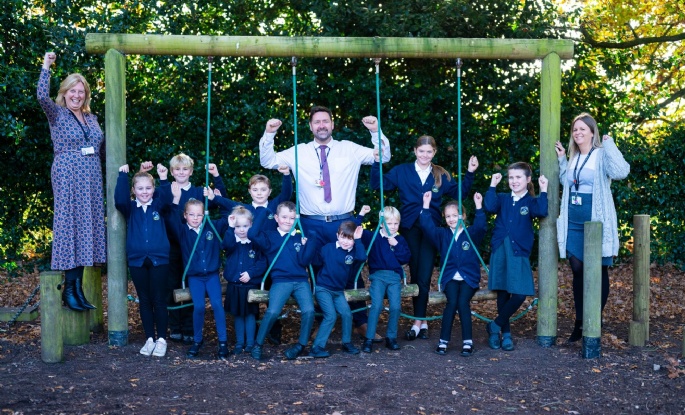Woolly Visitors Welcomed To Our School
It’s not every day a new pupil called Flora arrives at your school along with her mum, Betty.
But then it’s not every day your school has a purpose-built sheep pen on the playing field and an army of volunteers waiting for their turn to meet the new stars of the show.
Flora and Betty spent a week at our school as part of a Learn About Livestock topic which enabled the children to see first-hand what life is like when you have animals depending on you.
At Clenchwarton Primary School, Ethel and Gromit joined the roll for a week.
“The whole school took part and had the opportunity to learn about farming, food production, and the importance of feed and how wool is used. The children also spent time sketching the sheep,” said Charlie Howells, Assistant Headteacher.
Our schools were joined by Walpole Cross Keys Primary in hosting guests from a farm as part of the special project.
“Staff received training on how to care for sheep and established a relationship with the farmer. We are extremely excited to take part in this project and have the sheep stay with us,” added Mrs Howells.
Sophy Tarsey, Head of Year 3, spent the week in her wellies looking after the school’s newest arrivals with the aid of excited children, as she was the designated person to be in charge of the visitors.
Walpole Cross Keys Primary School hosted Donna and Minty for the week.
The Learn about Livestock initiative is now in its fifth year and is organised by the Food and Farming Discovery Trust, Rare Breeds Survival Trust, Royal Norfolk Agricultural Association and Chapelfield Veterinary Partnership.
A total of 20 schools across the county took part in the scheme this year by hosting livestock.
“The project is the most rewarding I think I have ever been involved with. From the initial pilot scheme in 2019, it has grown significantly in reputation and reach,” said Gail Sprake, of Rare Breeds Survival.
“To have a ewe and her lambs on the school site for one week provides an opportunity for the entire school to get up close to the animals, and to take responsibility for their animals. So many of the pupils have never been up close to farm livestock,” she added.

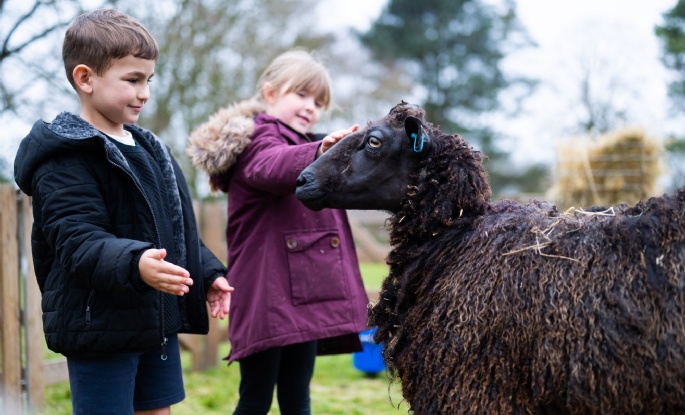
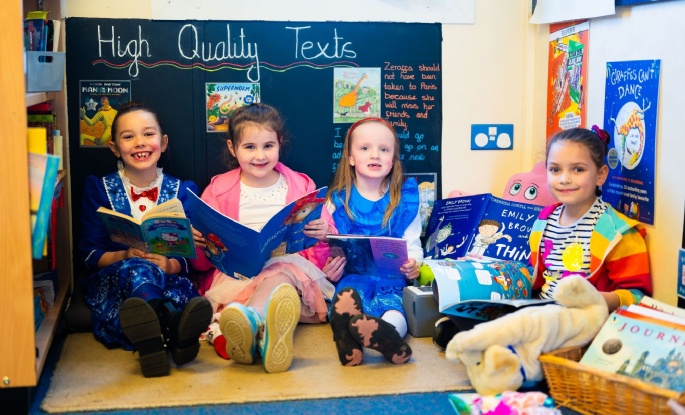
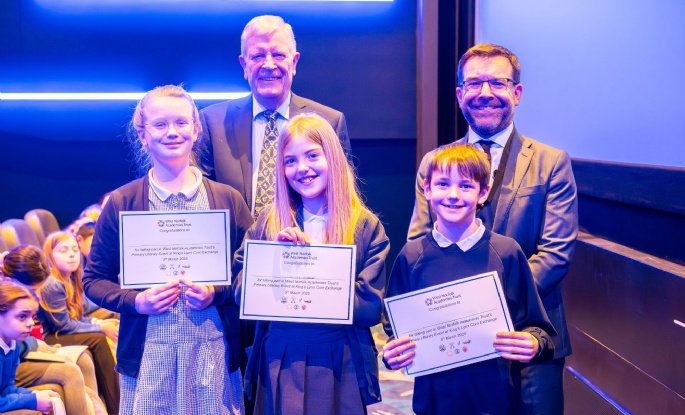
.jpg)
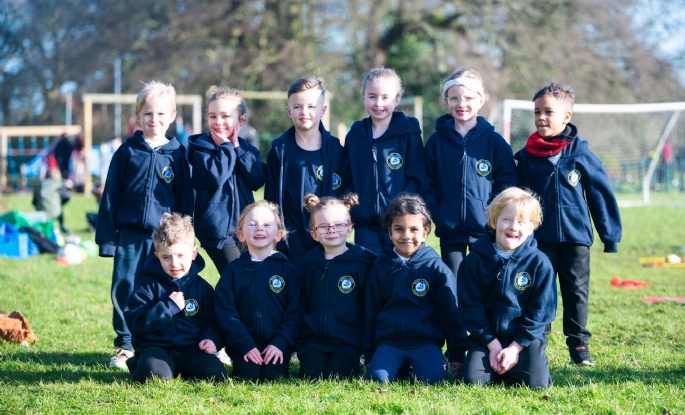
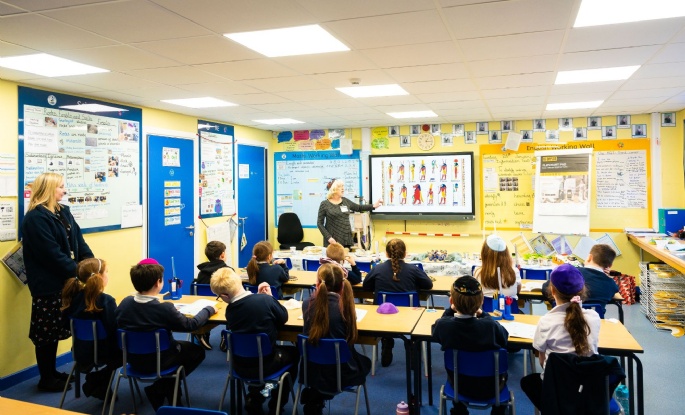
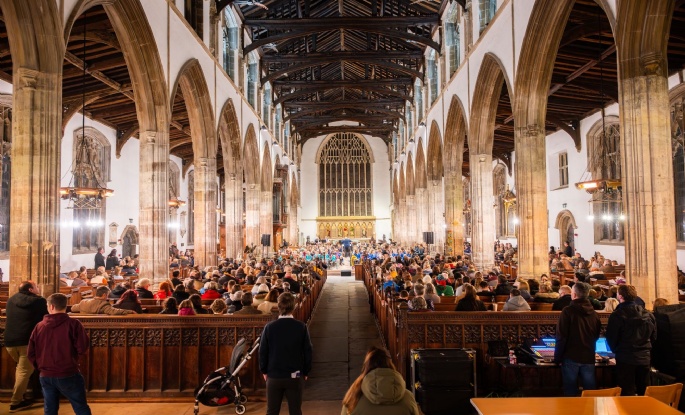

.jpg)

.jpg)
